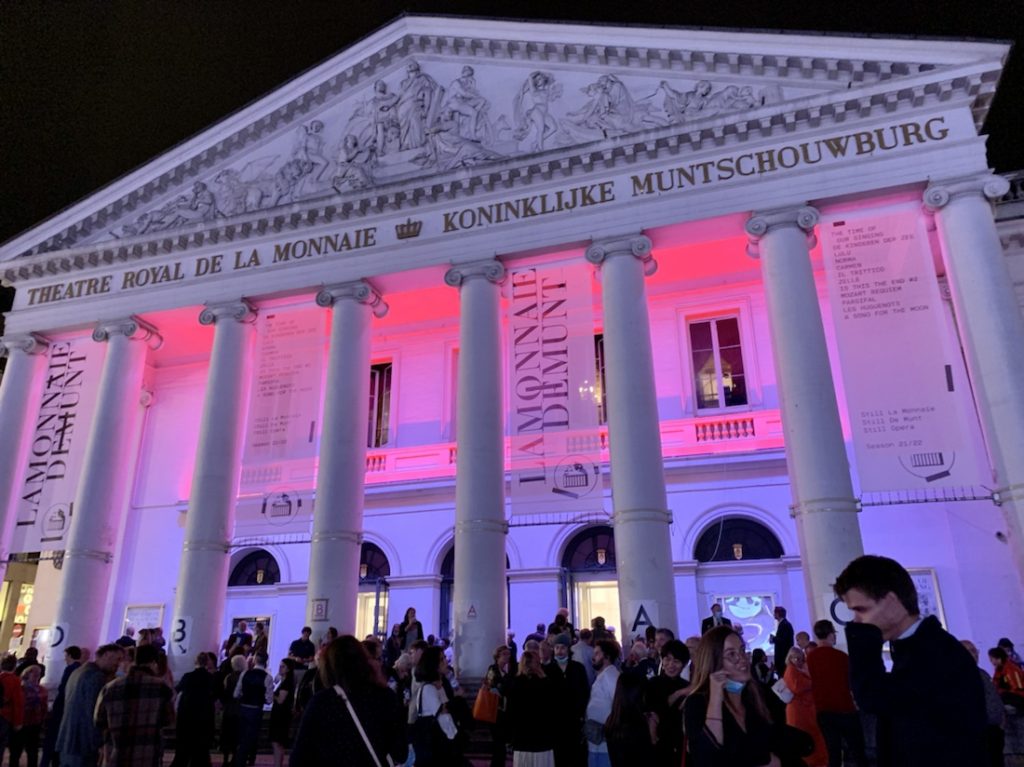
Chris’ birthday coincided with opening night to kick off the 2021-22 opera season at the Theatre Royal de la Monnaie, Brussels’ beautiful opera house. Here everyone is probably giving me side eye—wow, what fun for Chris… tickets to the opera….? First of all, Chris is sophisticated, and second of all, the opera house is one of the buildings we were amazed by when we started researching Brussels to come live here. So I cautioned Chris that the present was the experience, more than the opera exactly.
We got dressed up and walked the sunlit streets of Brussels beforehand, past the frites place I always want that always manages to be closed when I go there, over to Drug Opera, where I went with my parents right before lockdown on a day it snowed. We sat outside and watched the world walk by, talked about which cities we’d love to live in, enjoyed the ambiance of everything being alive and open, then walked around the corner to La Monnaie.
The opera launching the season was The Time of Our Singing, based on an American book by the same name. It covers racial issues from World War II on in the American South from the perspective of a mixed-race family united by their love of singing together. My understanding is that a Belgian turned it into an opera to be performed by Belgian opera singers in English. I’ve never seen an opera in English before. I loved going to operas at Texas A&M University once I figured out how to participate in the program where you can attend performances for free, but none of them were in English. I was all set to love it—interesting premise, timely following the 2020 race riots, Belgian performers, diverse casting!
I didn’t love it. Chris and I both found the English very distracting. The Southern accents came and went within the same song. We had to read the French subtitles to follow what was going on. But the main thing was the pacing—it felt like a highlight real—in slow motion. In one scene the white, Jewish father (who fled Nazi Germany in the 1930s) is arguing with his black father-in-law because the father-in-law suspects his daughter’s husband is complicit in creating the nuclear bomb. They never speak again. Then the mom dies in an explosion. The kids are arguing. One of them meets someone and in no time the woman has a dramatic abortion and she’s never seen again. Current events of the era are bisecting each scene. So all this stuff is happening with no connection exactly—This happened! Something else is happening now! Look what’s happening NOW! New unexplained character! Half a century has gone by! One of the sons tries to pass as white, one of the sons identifies as black, and the daughter marries a Black Panther. They’re all always telling each other they’re wrong, but there wasn’t a lot of discussion about why. I felt like I saw a lot of things happen to some characters without ever learning enough of who they are to be invested in their storylines. Maybe I should just read the book.
But it was a soft, warm, late summer evening. People—of all ages, many races, dressed extremely casually, dressed pretty fancy, speaking a variety of languages—crowded around the entrance of the opera house during intermission, filling the square with the murmuring din of a large group of people laughing and talking. It was so fun to be part of a crowd again, part of an opening night, part of something beginning, instead of something crashing to a halt.
We strolled through downtown on our way home, savoring some of the only warm weather this summer offered, and the buildings circling the Grand Place sparkled in the night like stars.
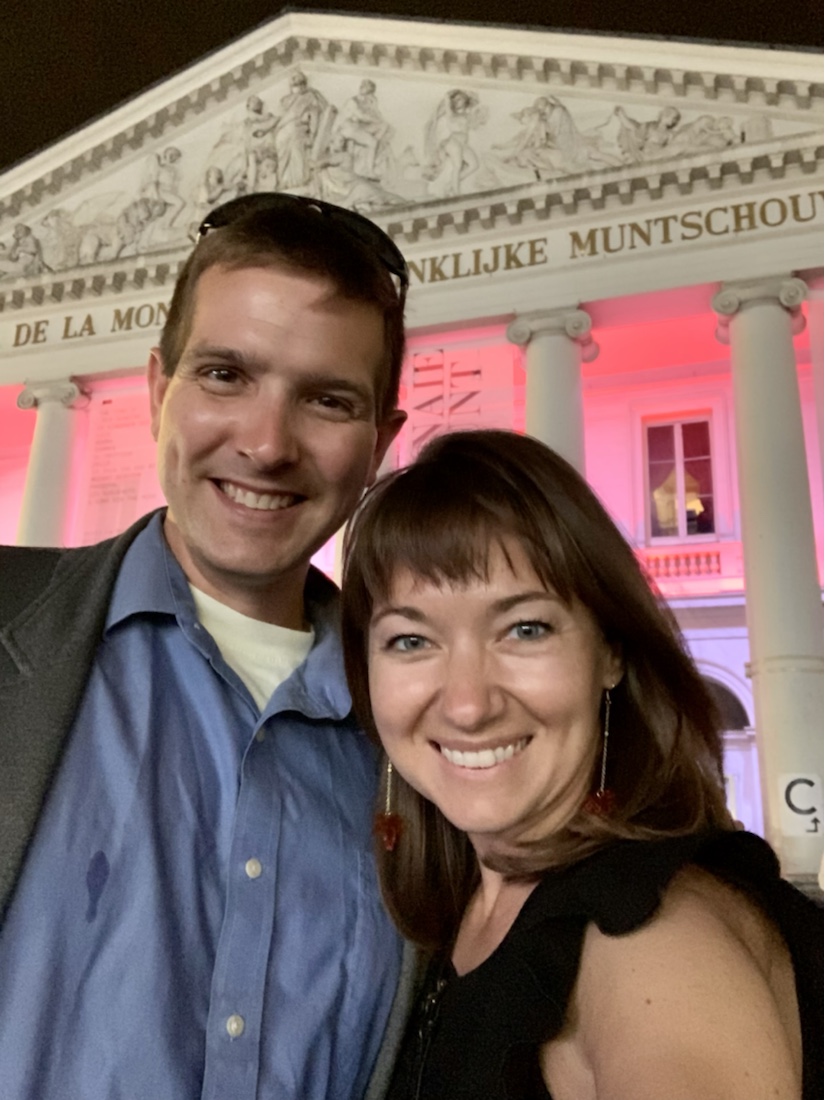
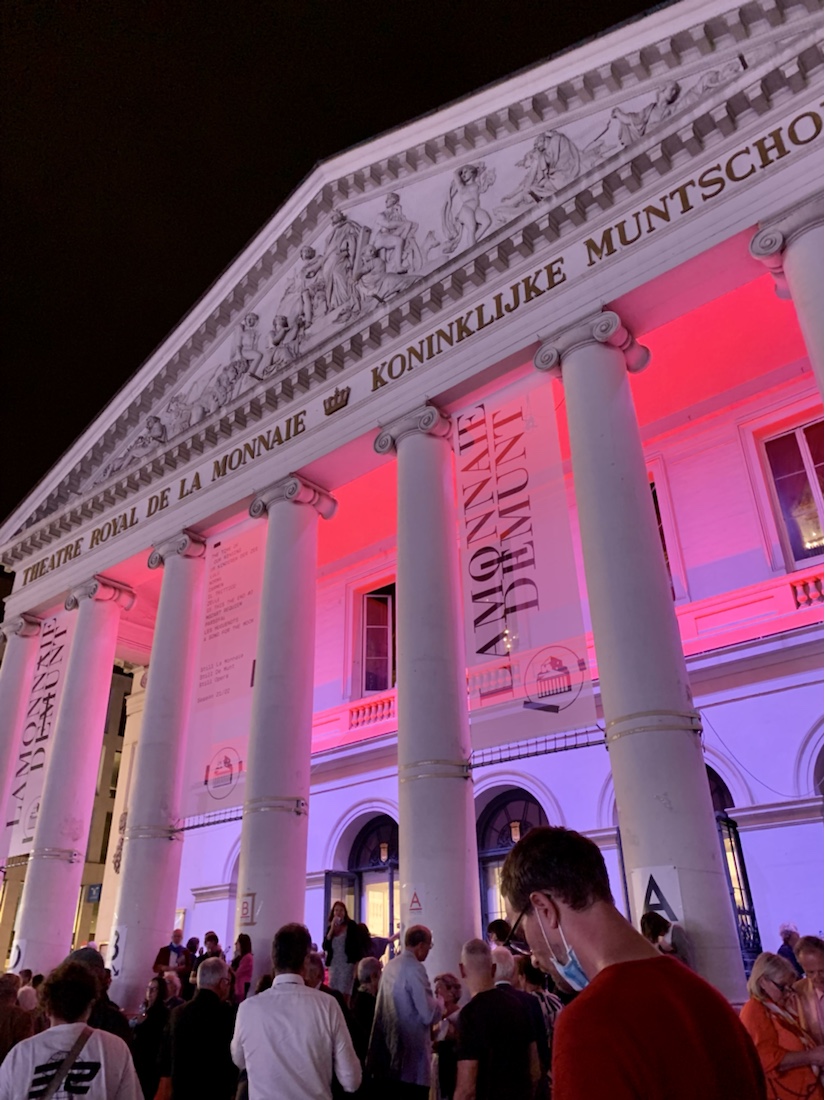

The Grand Place nearby 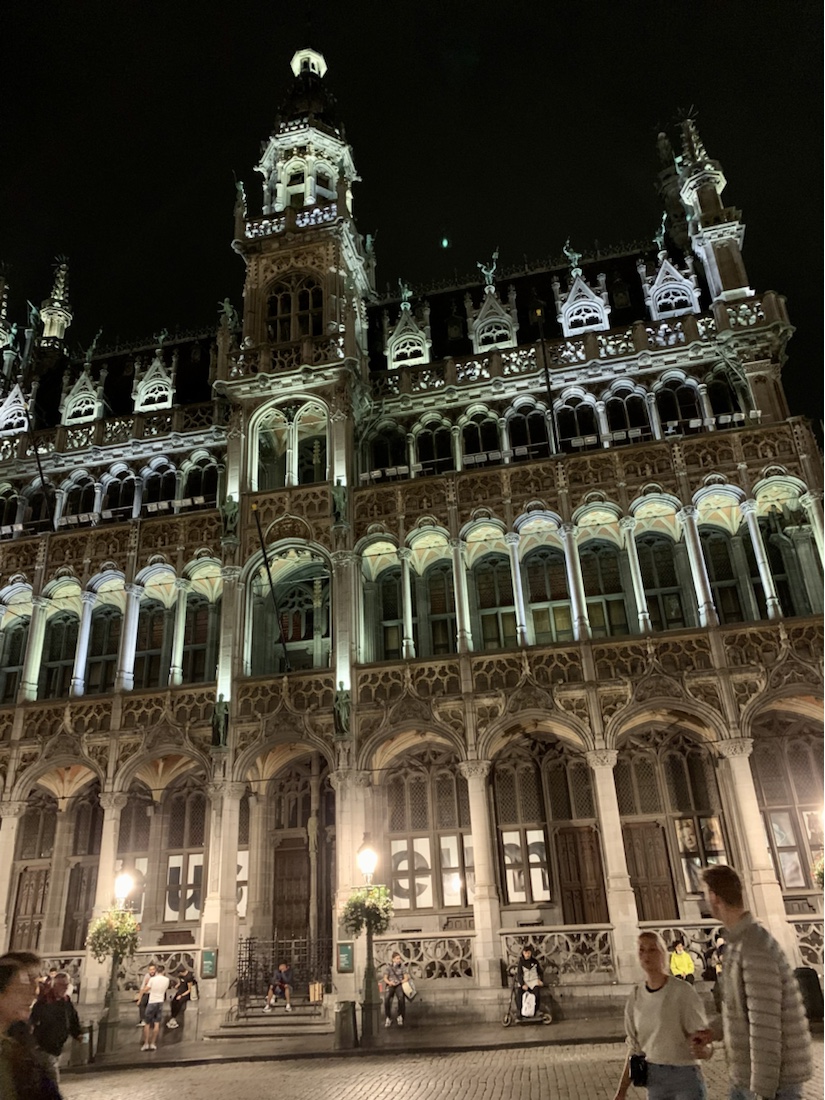
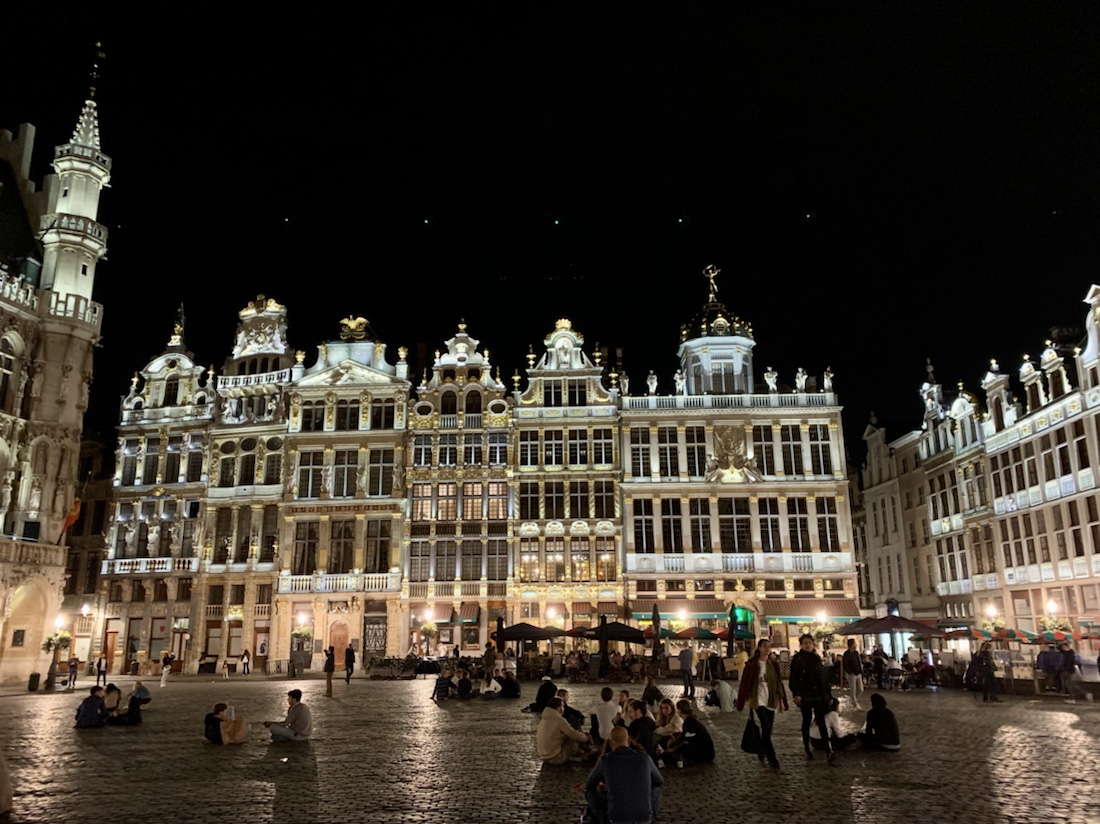
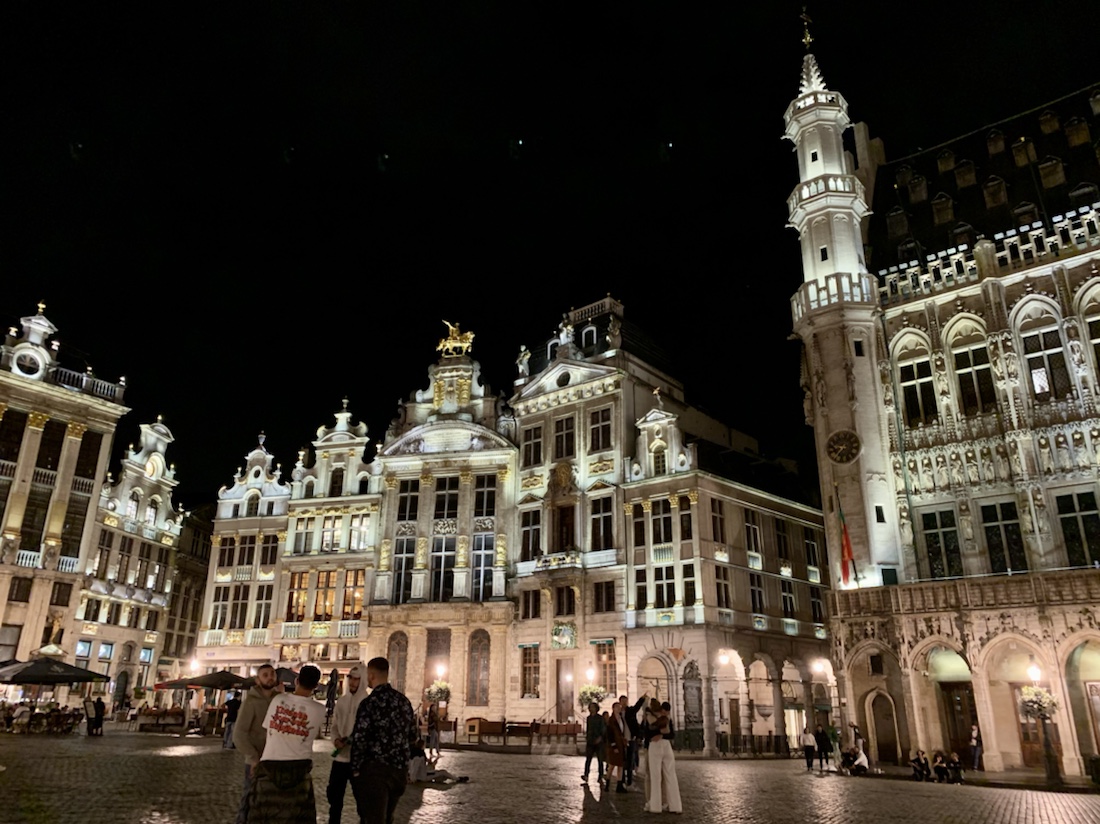
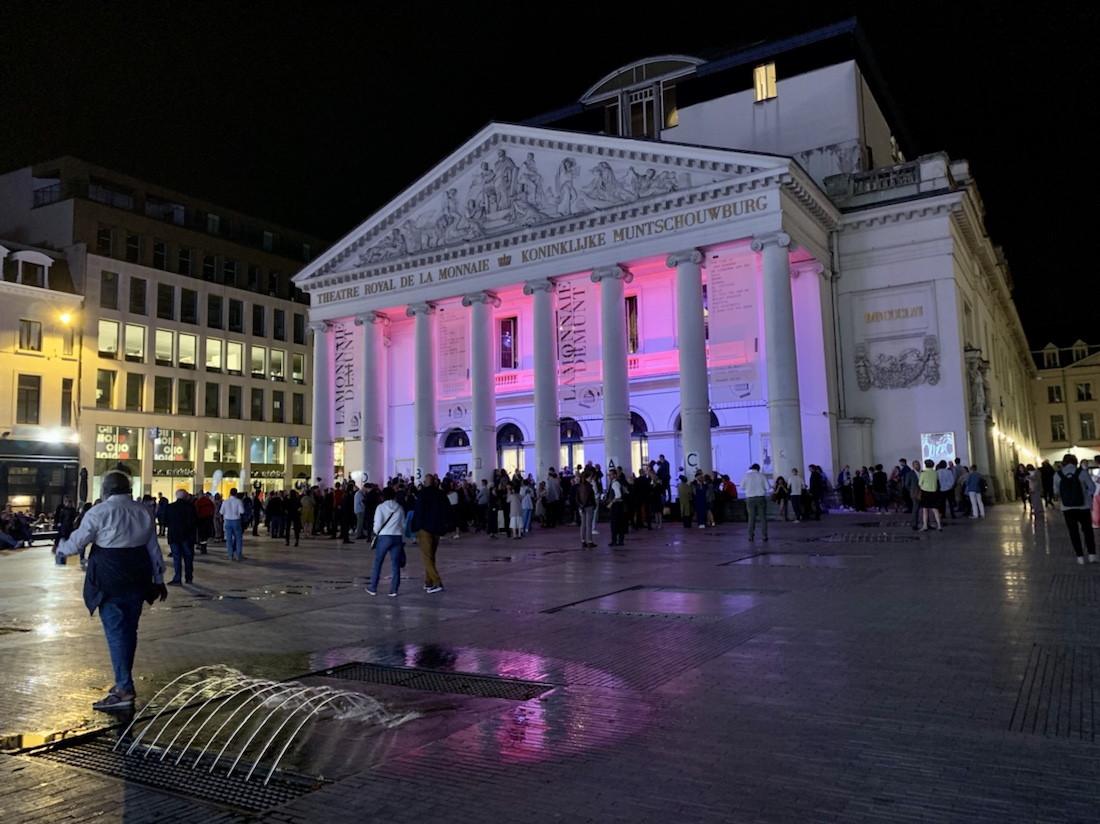
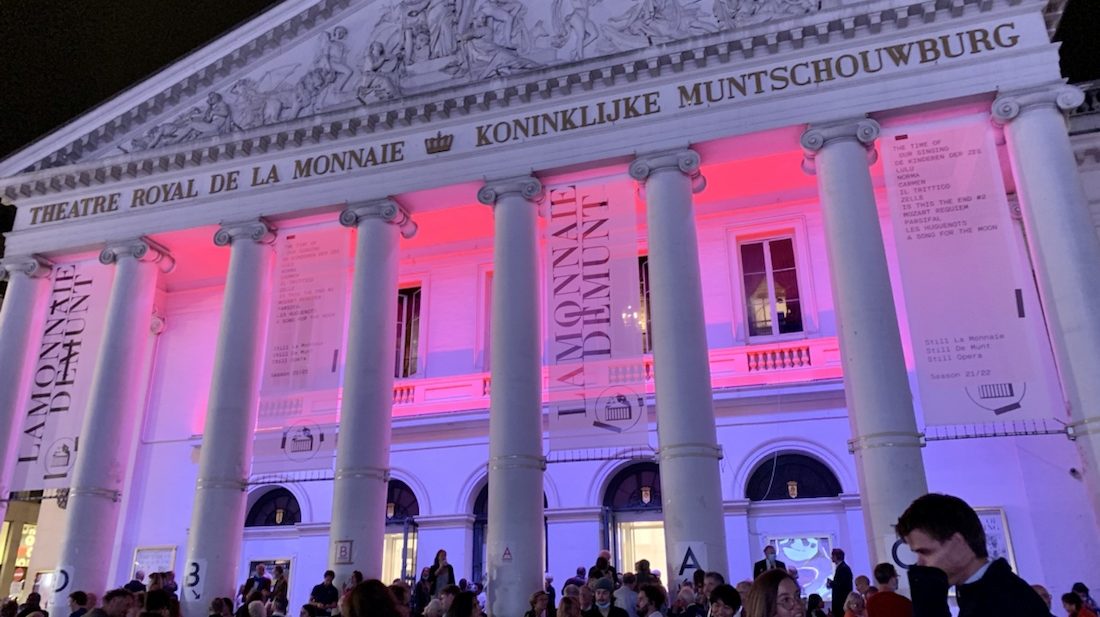
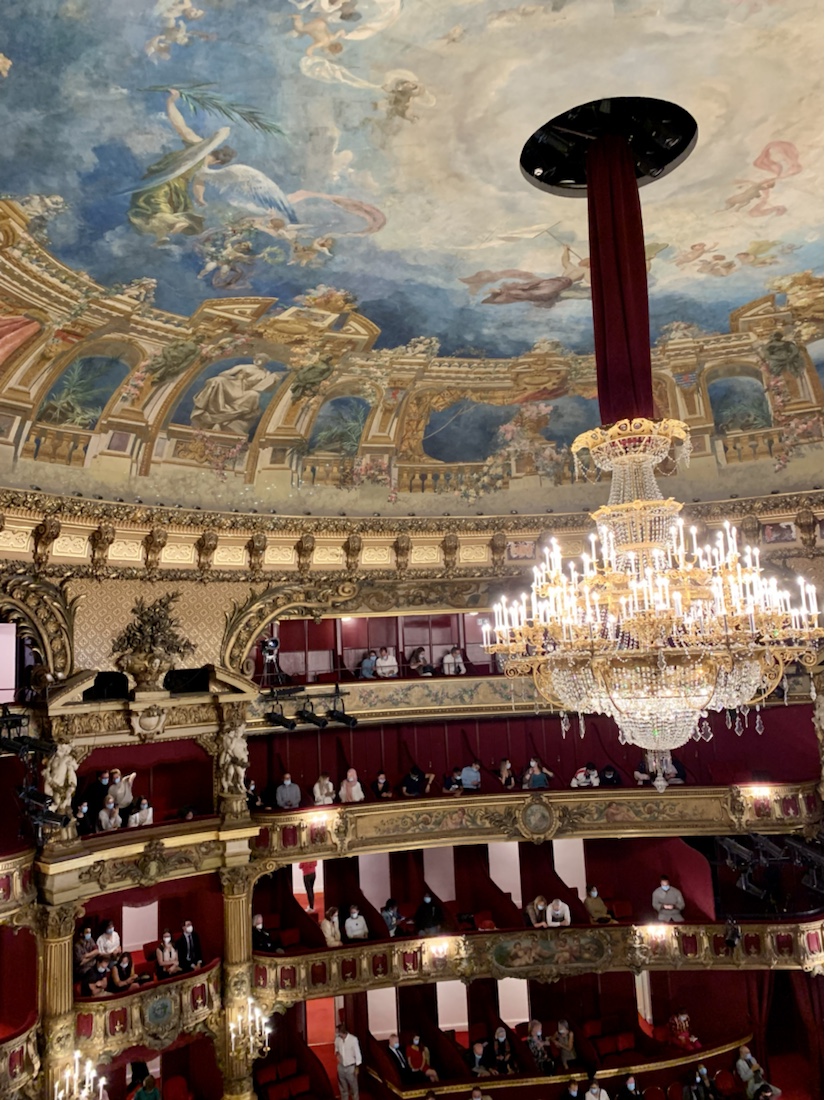
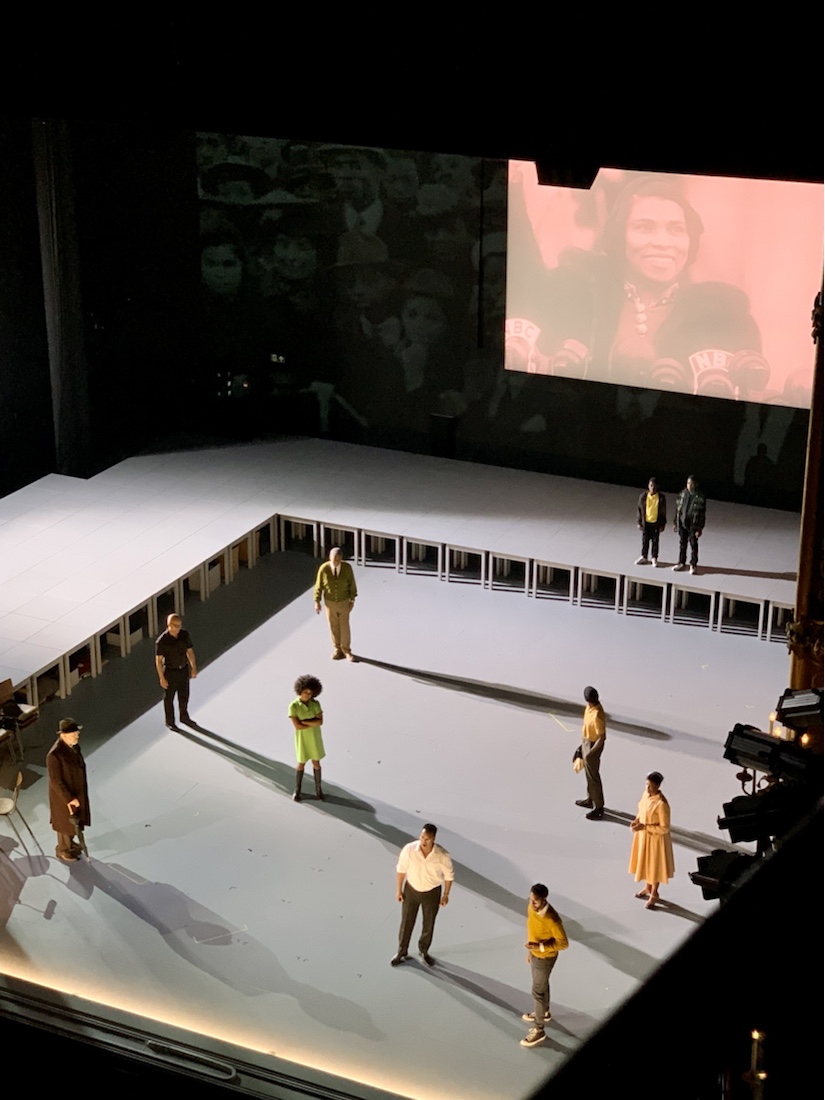
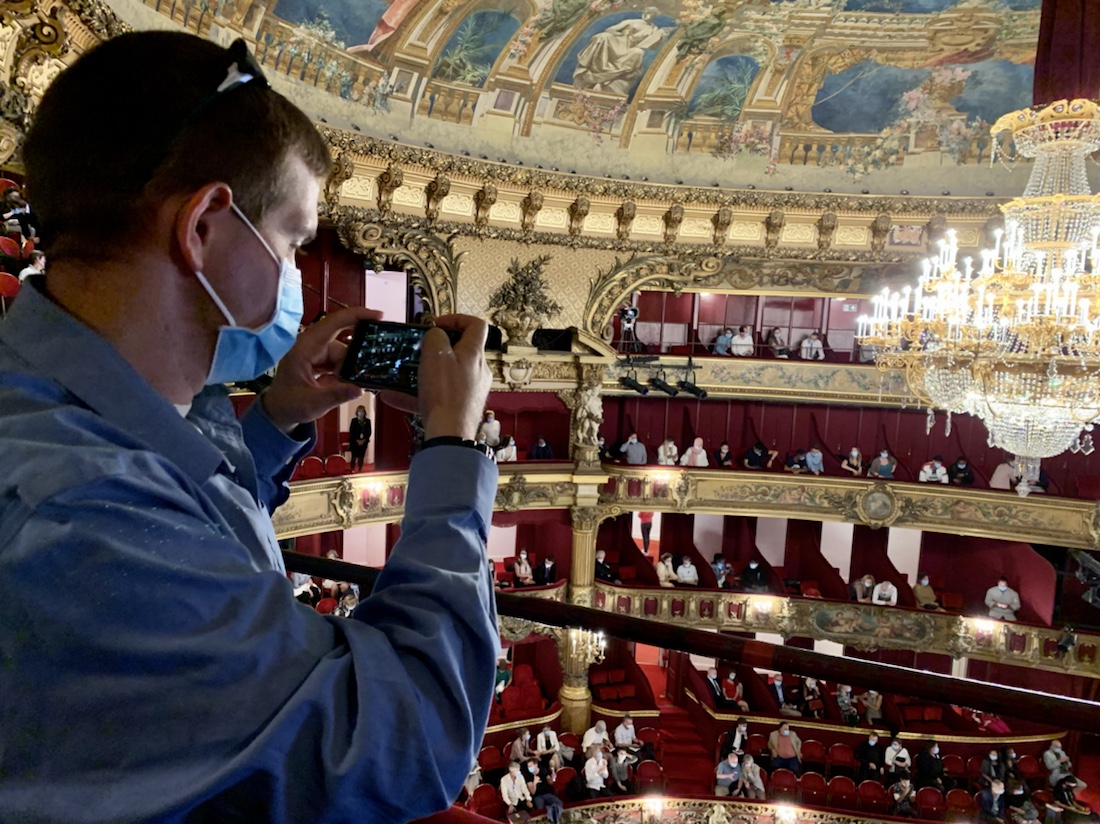
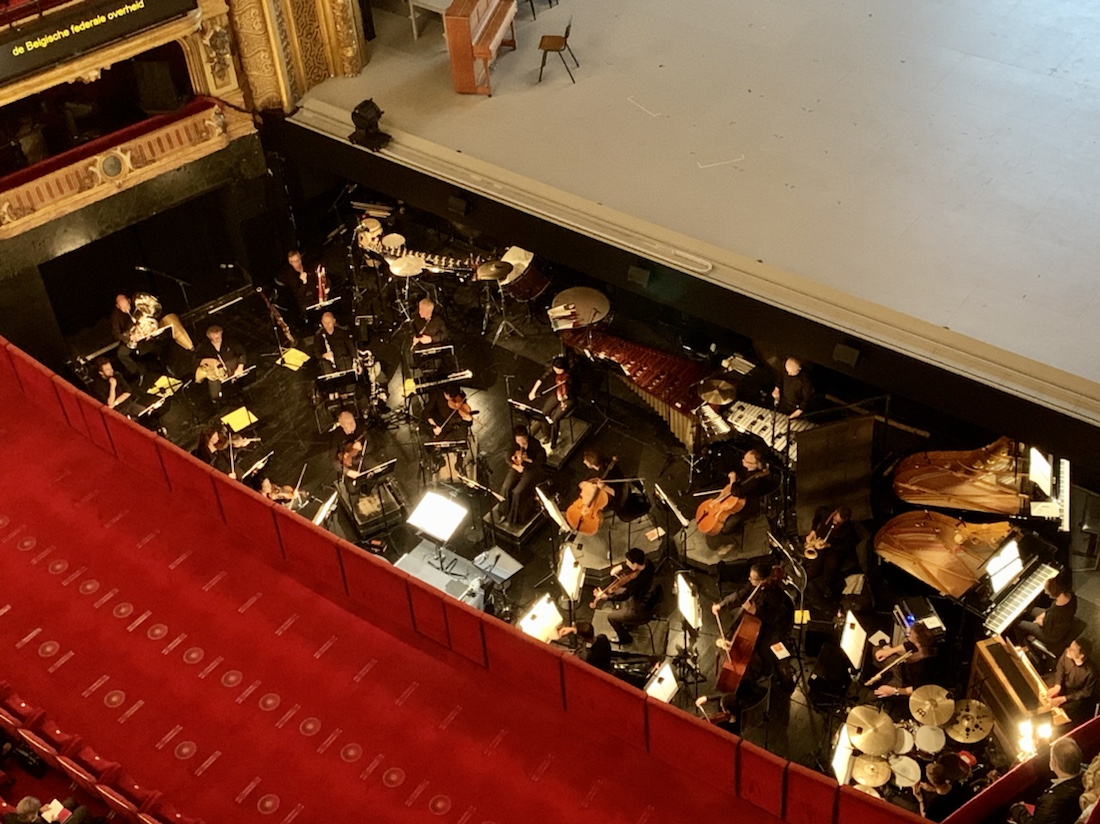
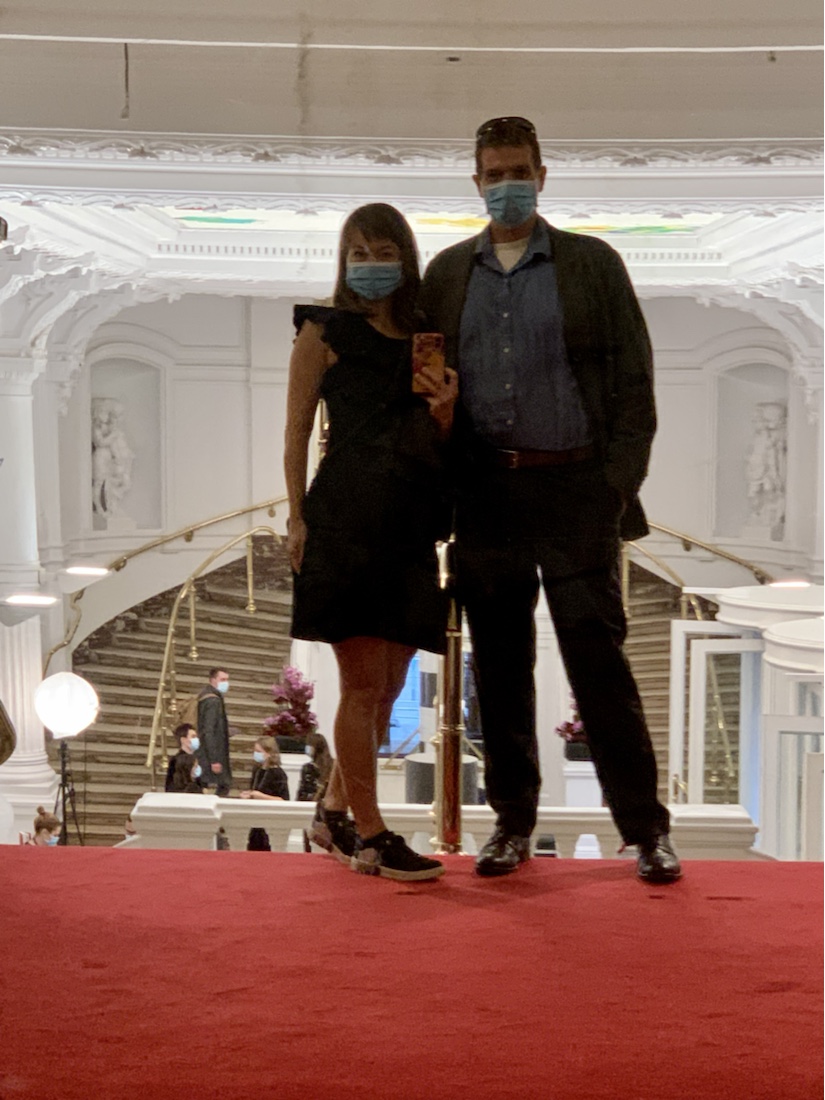
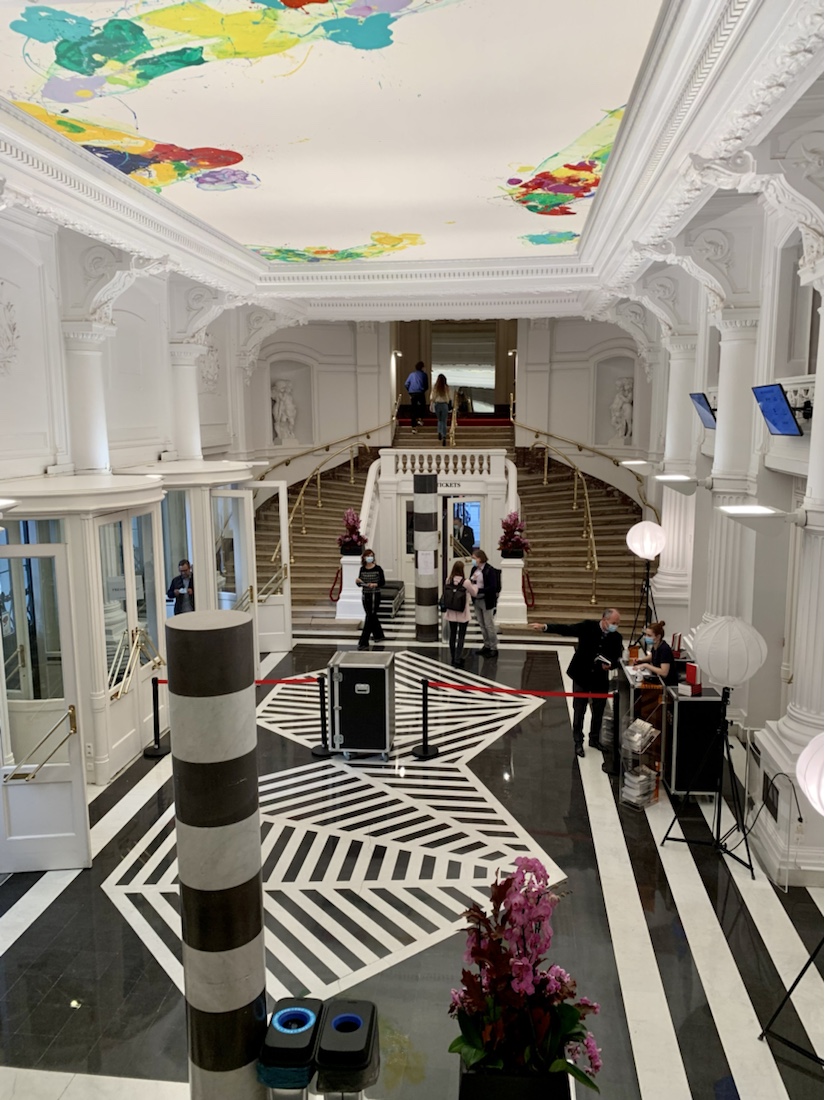
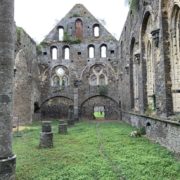 The Ruins of Viller’s Abbey
The Ruins of Viller’s Abbey Athen’s Fish Market
Athen’s Fish Market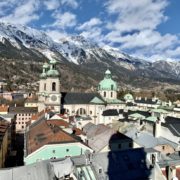 Austria on Monday
Austria on Monday Edinburgh
Edinburgh